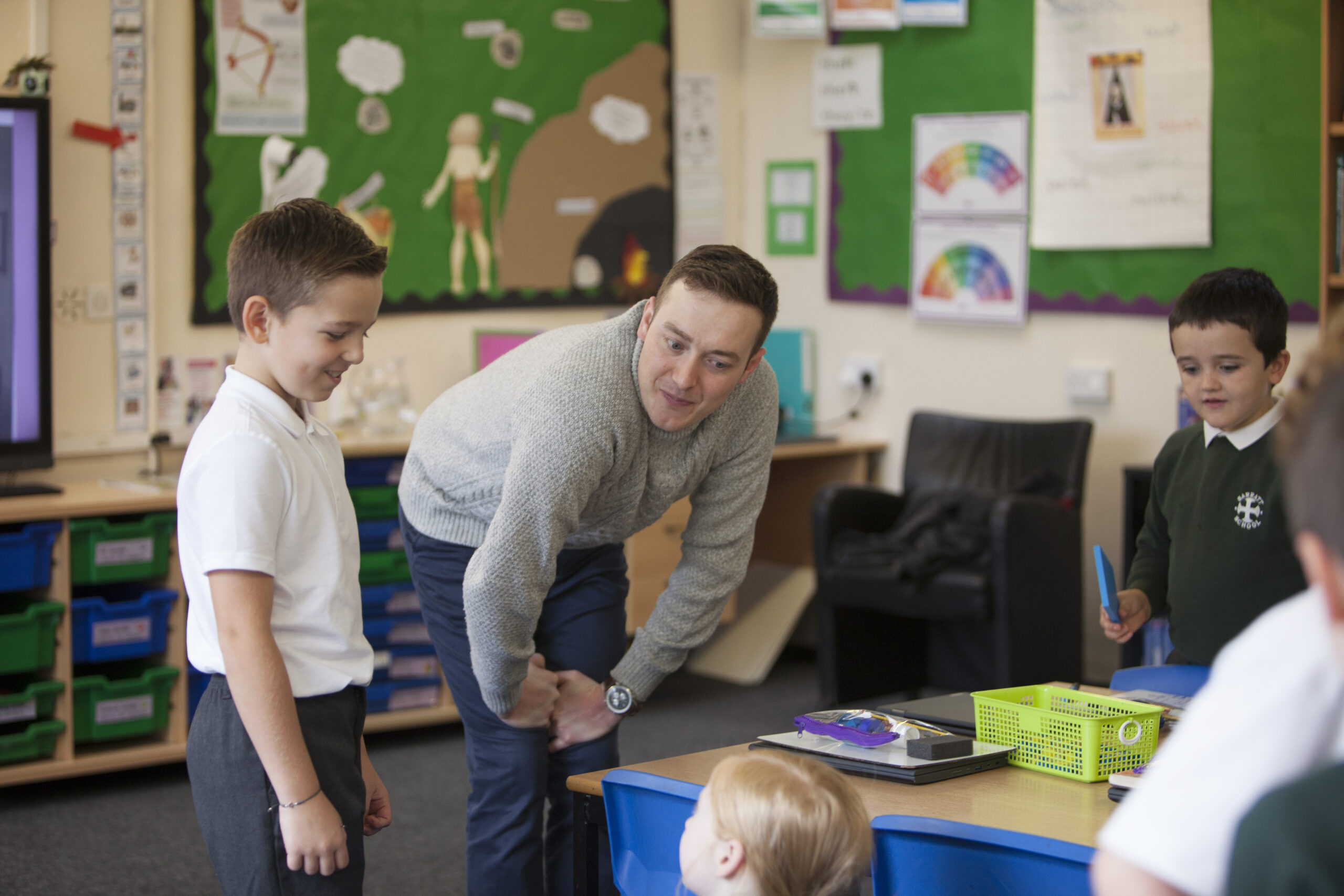Modern Foreign Languages
We are a Small School with Big Aspirations and a Huge Heart.


Our Curriculum Offer
We offer a broad curriculum where every child is encouraged to shine.
Click here to see our Curriculum Overview
The iLanguages Spanish Curriculum

The iLanguages curriculum follows the 2014 Primary MFL National Curriculum.
Aims – pupils should be able to
- understand and respond to spoken and written language from a variety of authentic sources
- speak with increasing confidence, fluency and spontaneity, finding ways of communicating what they want to say, including through discussion and asking questions, and continually improving the accuracy of their pronunciation and intonation
- write at varying length, for different purposes and audiences, using the variety of grammatical structures that they have learnt
- discover and develop an appreciation of a range of writing in the language studied.
The curriculum provides an appropriate balance of spoken and written language and lays the foundations for further foreign language teaching at key stage 3. It enables pupils to understand and communicate ideas, facts and feelings in speech and writing, focused on familiar and routine matters, using their knowledge of phonology, grammatical structures and vocabulary.
Pupils are taught to:
- listen attentively to spoken language and show understanding by joining in and responding
- explore the patterns and sounds of language through songs and rhymes and link the spelling, sound and meaning of words
- engage in conversations; ask and answer questions; express opinions and respond to those of others; seek clarification and help
- speak in sentences, using familiar vocabulary, phrases and basic language structures
- develop accurate pronunciation and intonation so that others understand when they are reading aloud or using familiar words and phrases
- present ideas and information orally to a range of audiences
- read carefully and show understanding of words, phrases and simple writing
- appreciate stories, songs, poems and rhymes in the language
- broaden their vocabulary and develop their ability to understand new words that are introduced into familiar written material, including through using a dictionary
- write phrases from memory, and adapt these to create new sentences, to express ideas clearly
- describe people, places, things and actions orally and in writing
- understand basic grammar appropriate to the language being studied, including: feminine, masculine forms and the conjugation of high-frequency verbs; key features and patterns of the language; how to apply these, for instance, to build sentences; and how these differ from or are similar to English.
Progression in MFL
A Golden Moment: Sarratt School & Electric Umbrella
Celebrating Inclusion, Music & Our BGT Golden Buzzer Journey
At Sarratt School, we believe in the power of music to unite and inspire. Our incredible partnership with Electric Umbrella has brought creativity, confidence, and inclusivity to our children—culminating in a breathtaking performance that earned a Golden Buzzer on Britain’s Got Talent! Through music, we’re breaking barriers, celebrating diversity, and making unforgettable memories.
